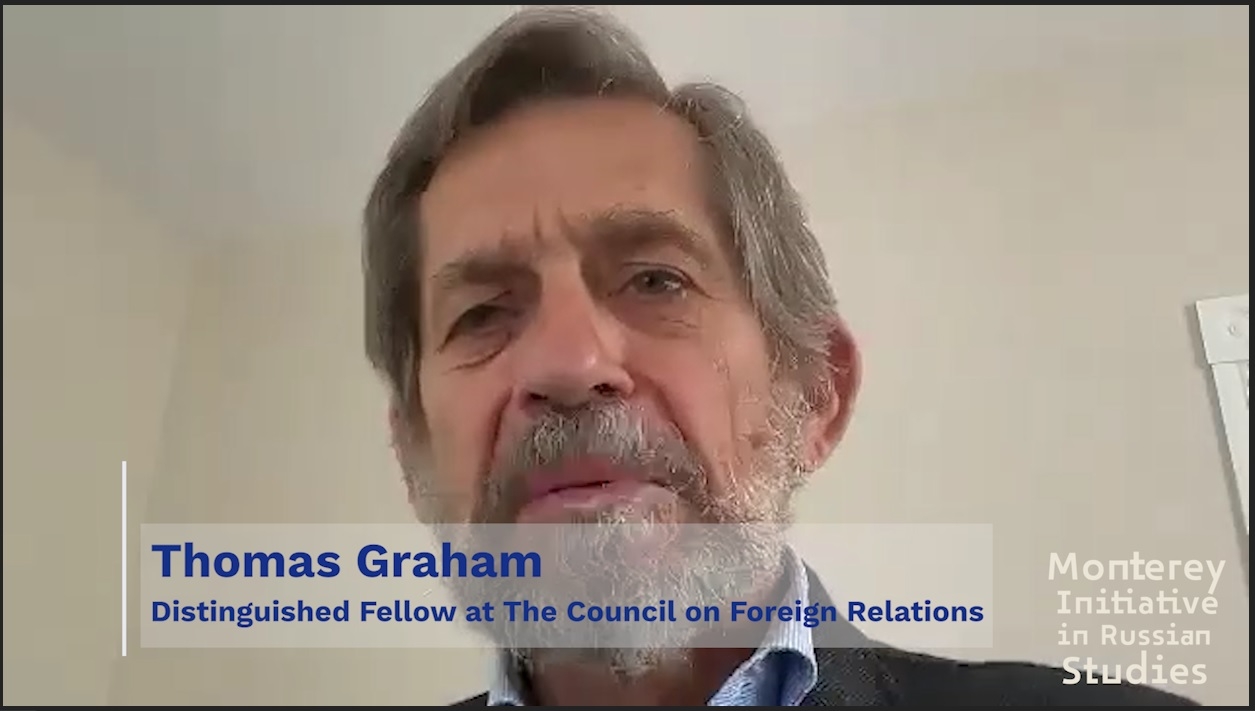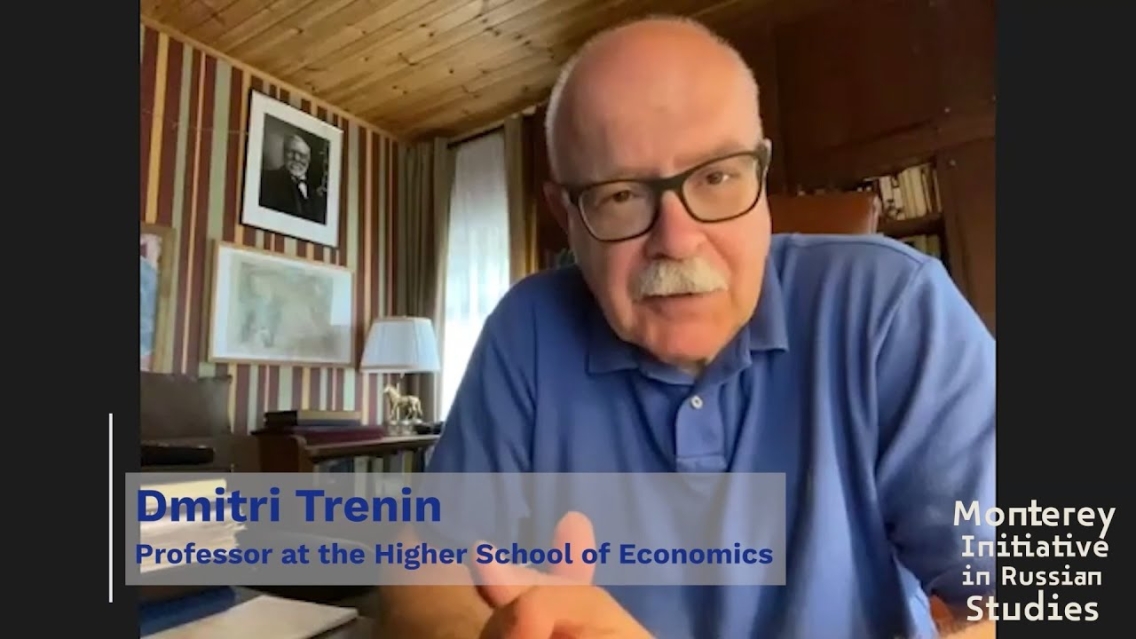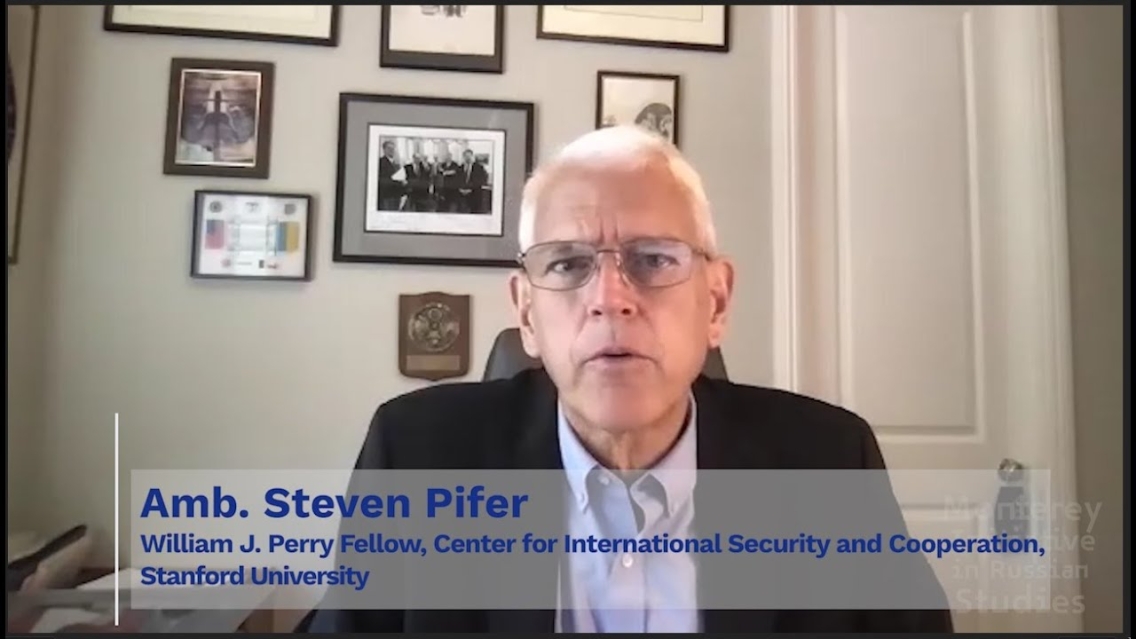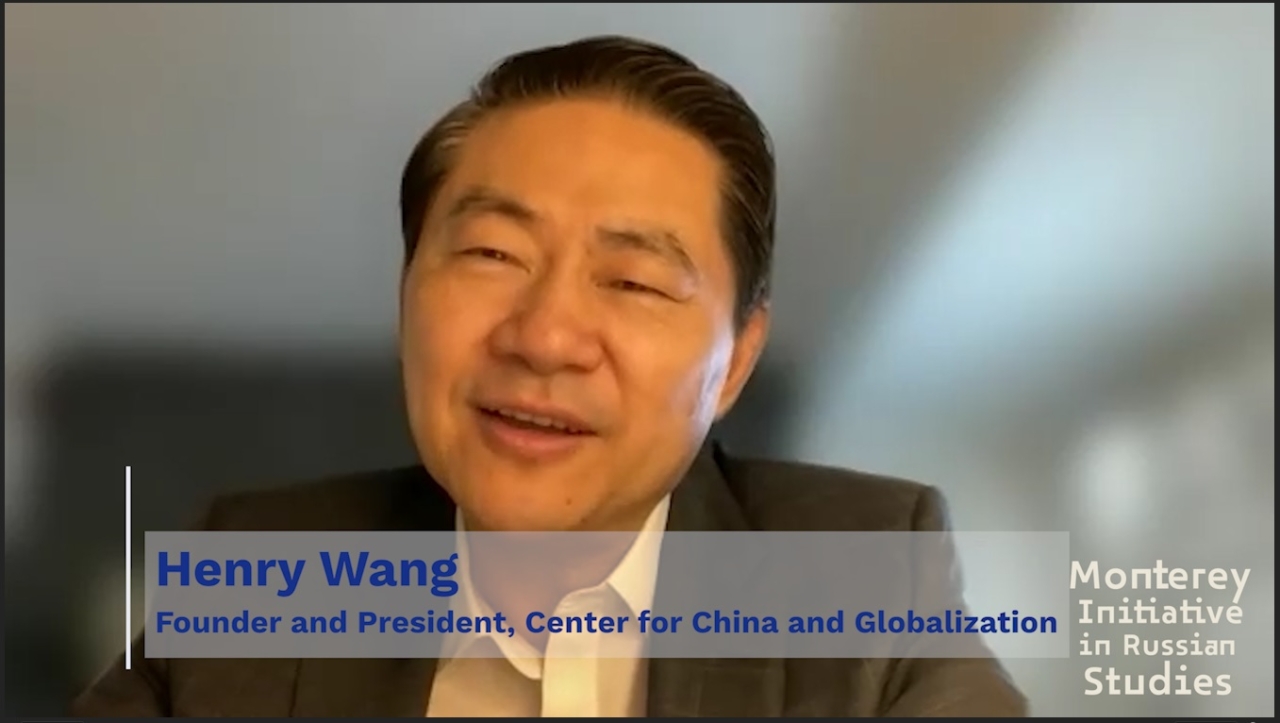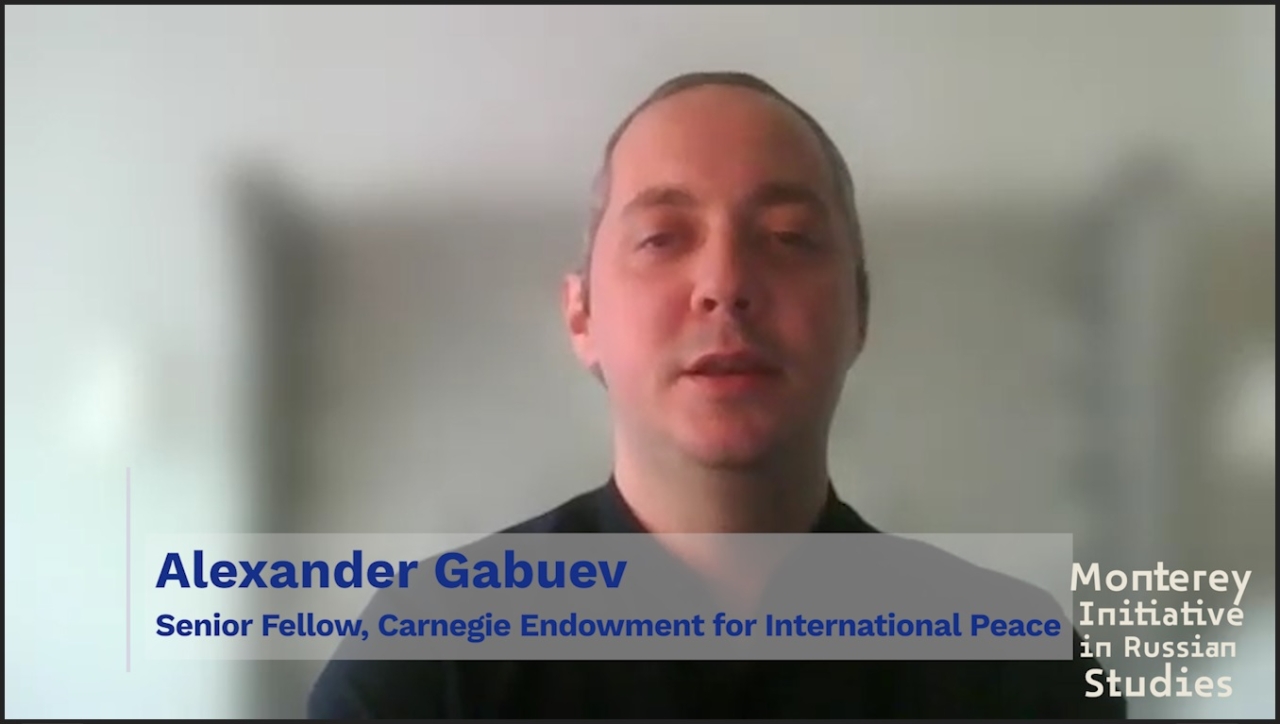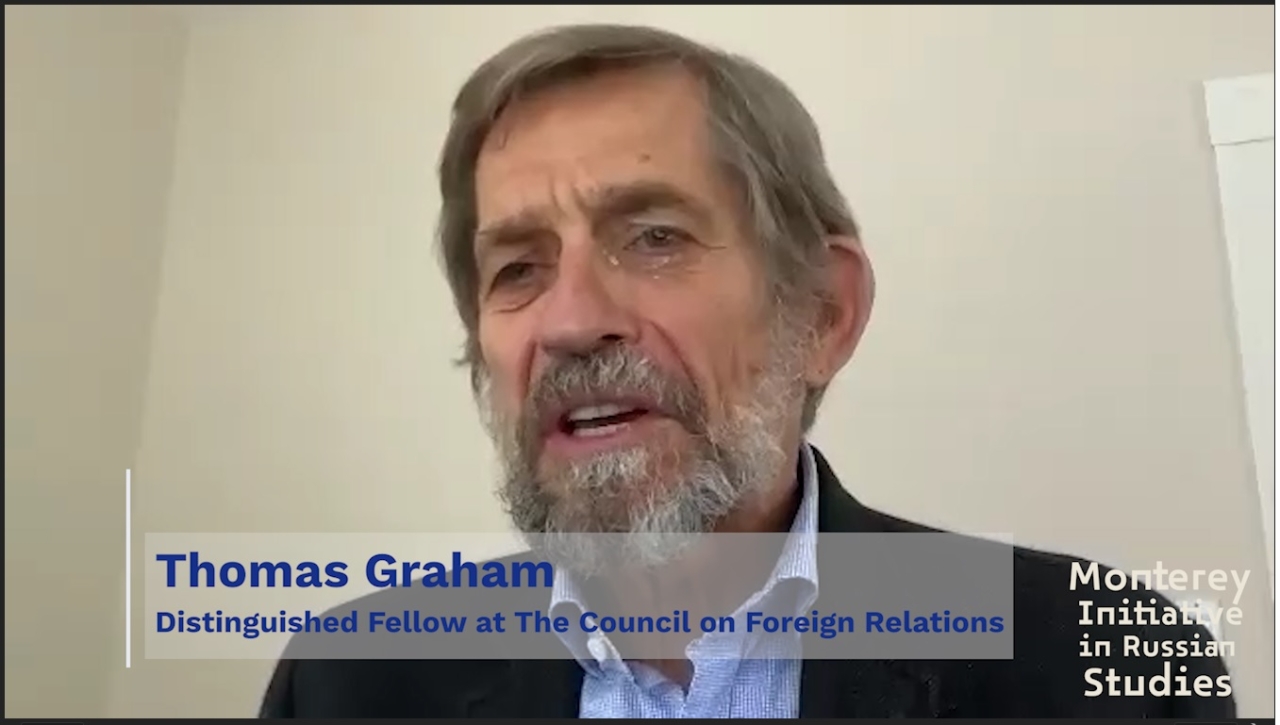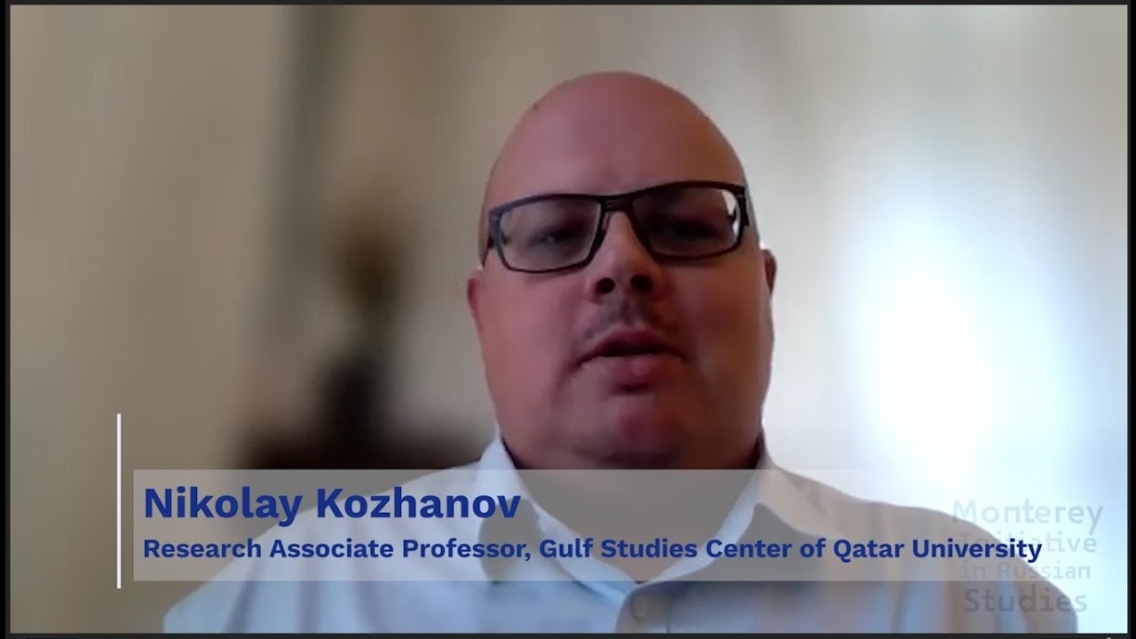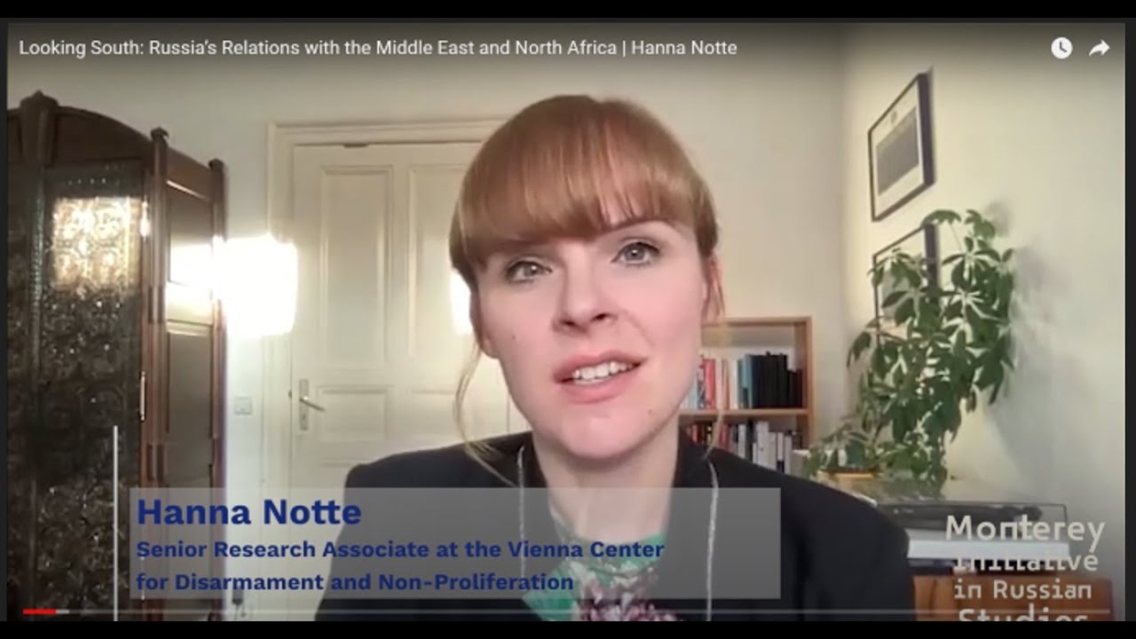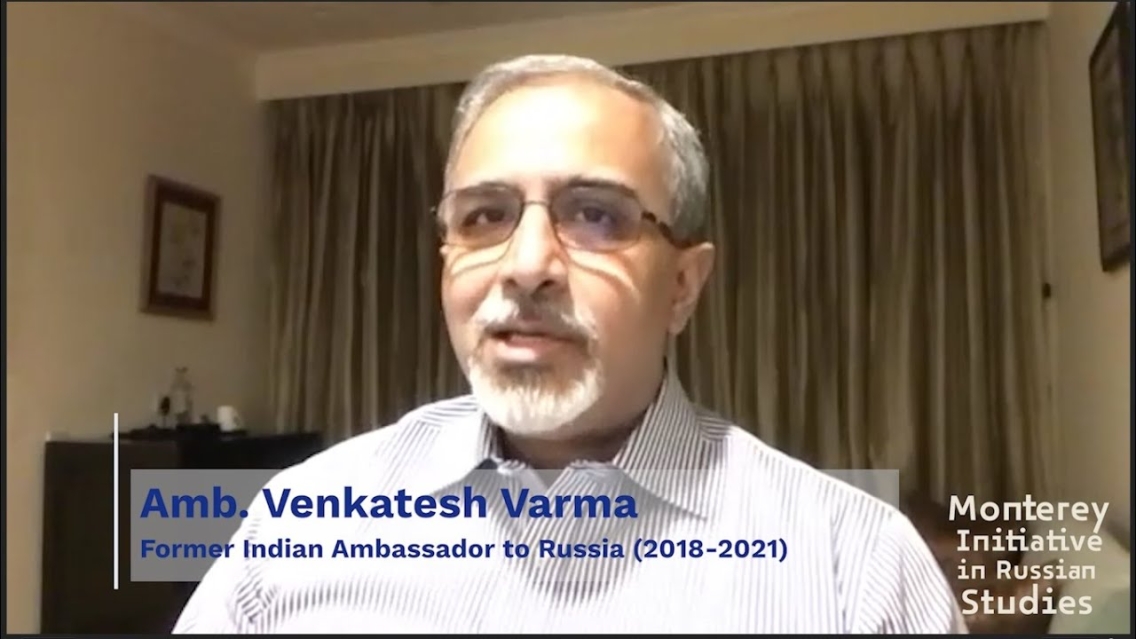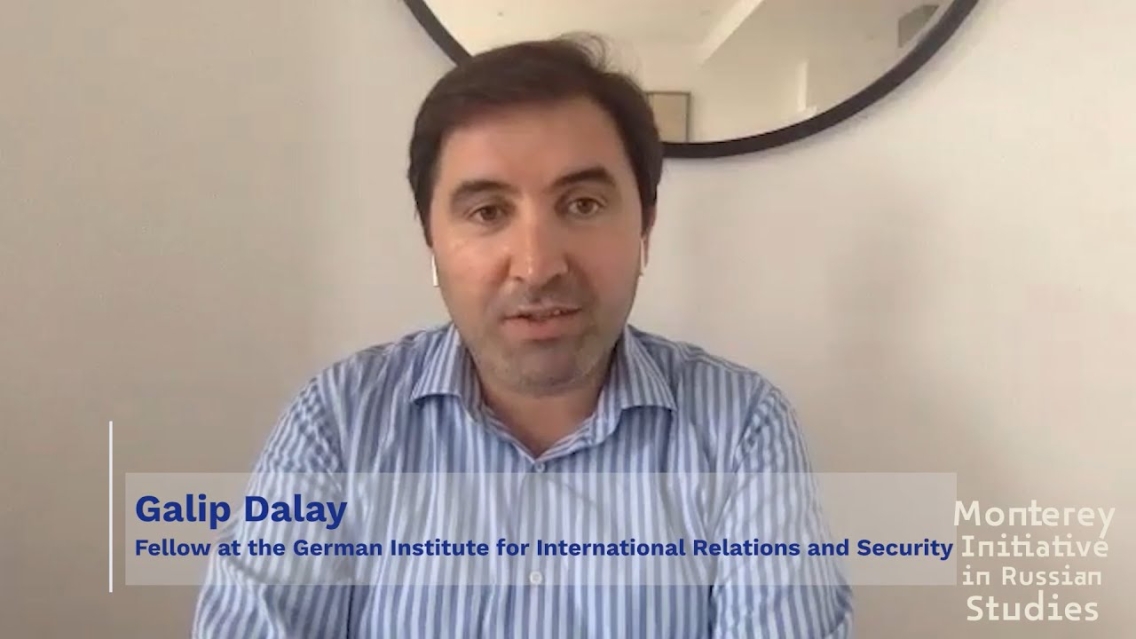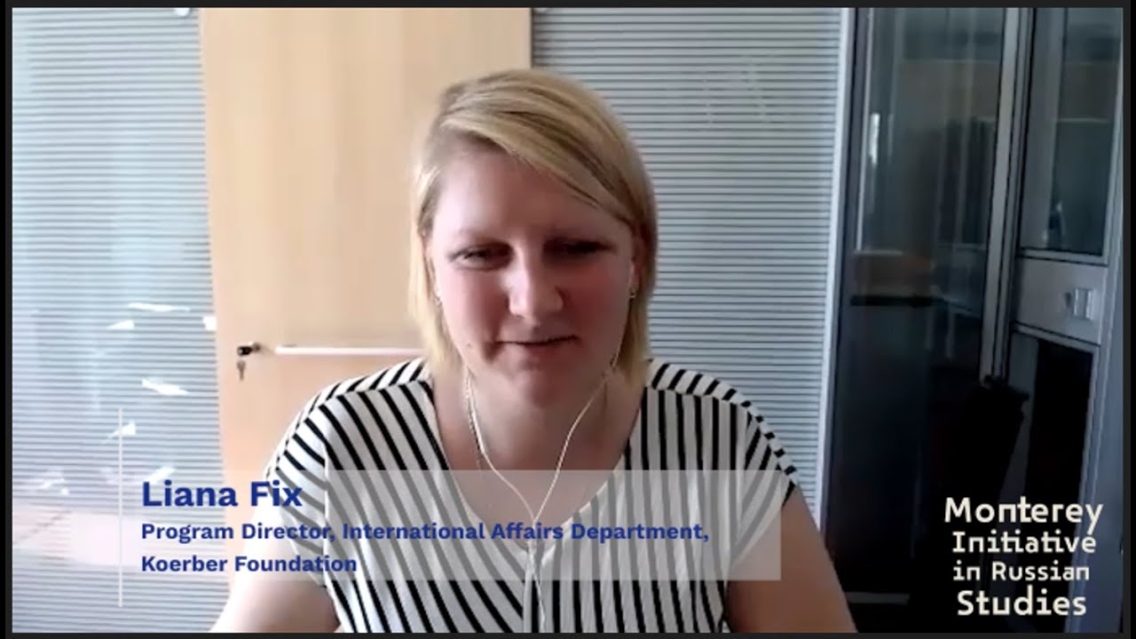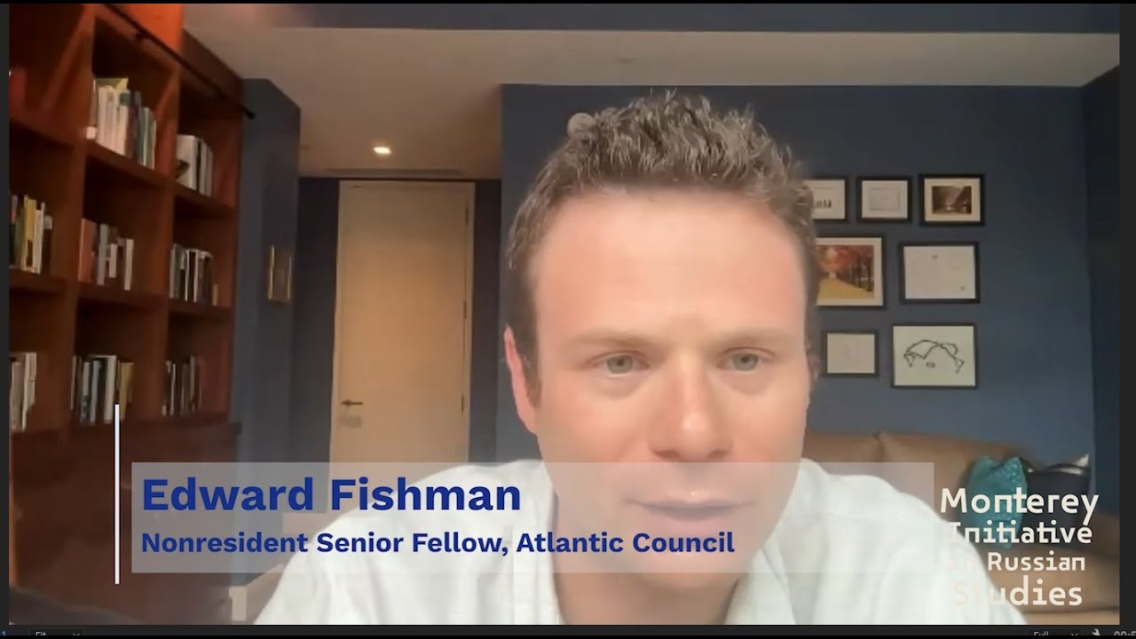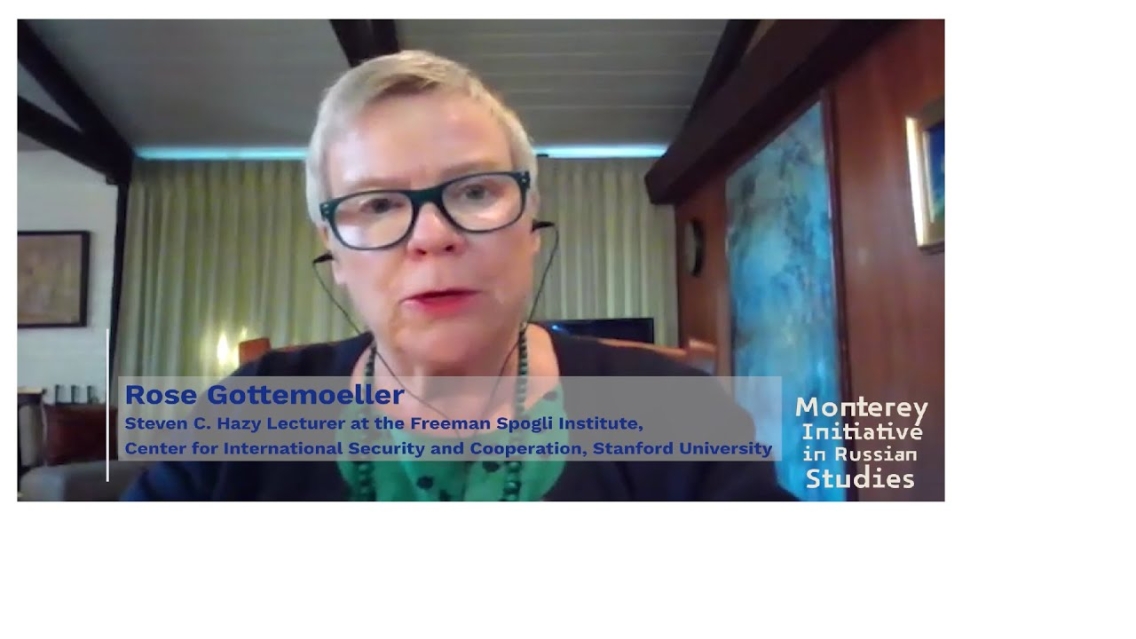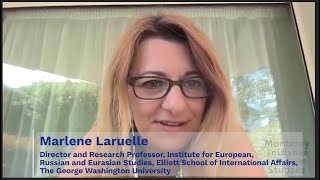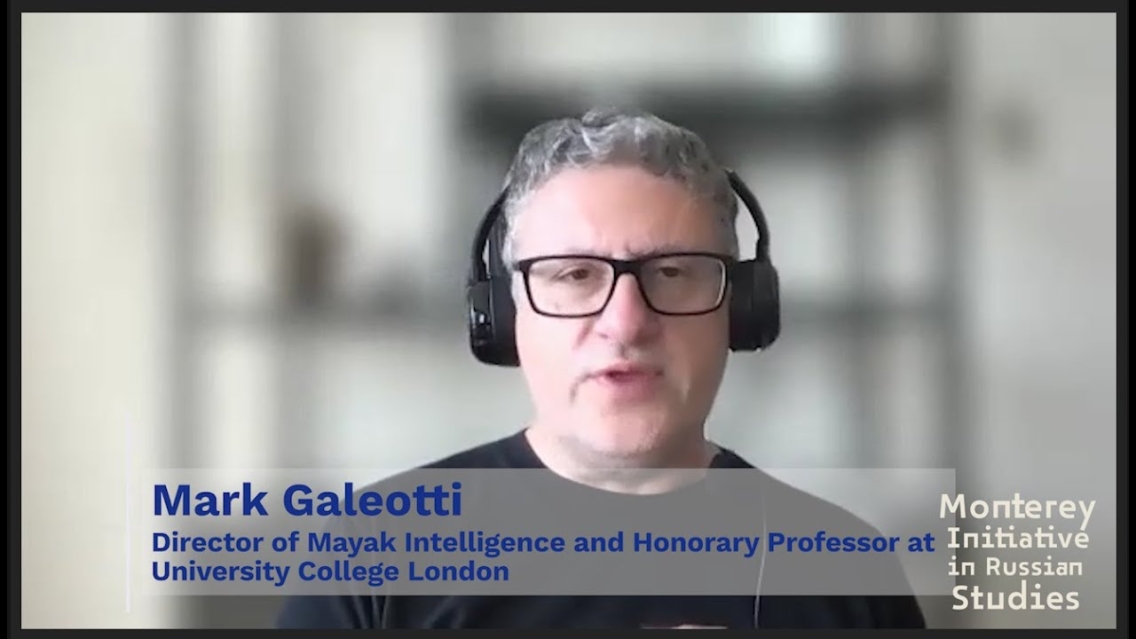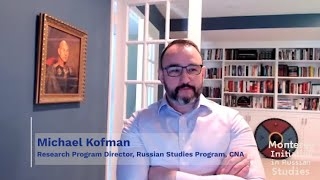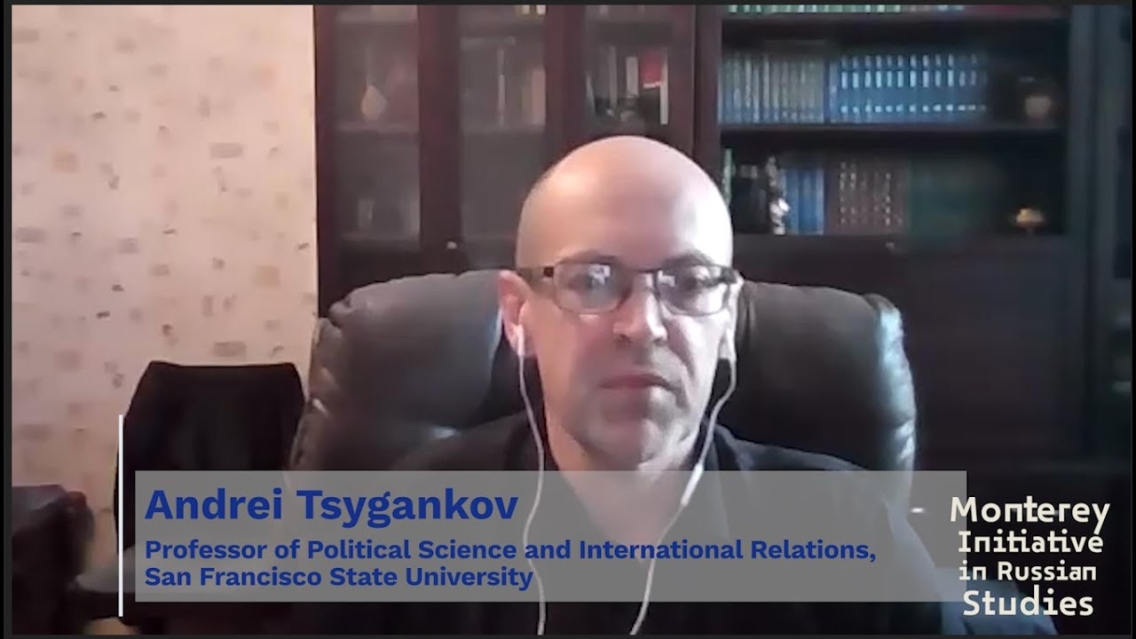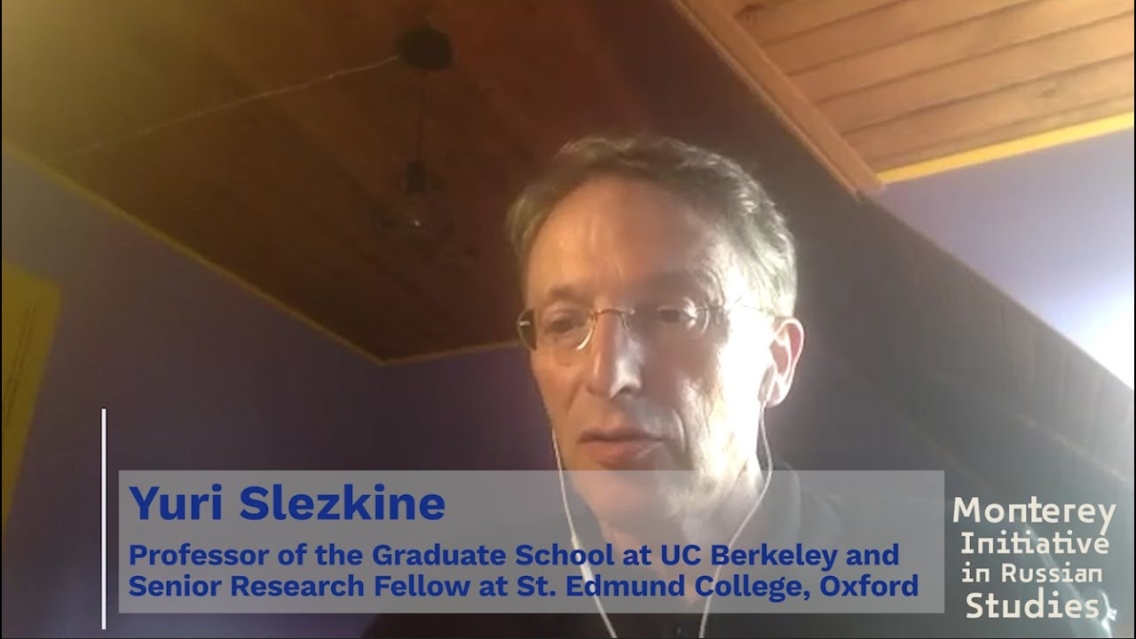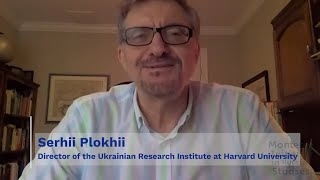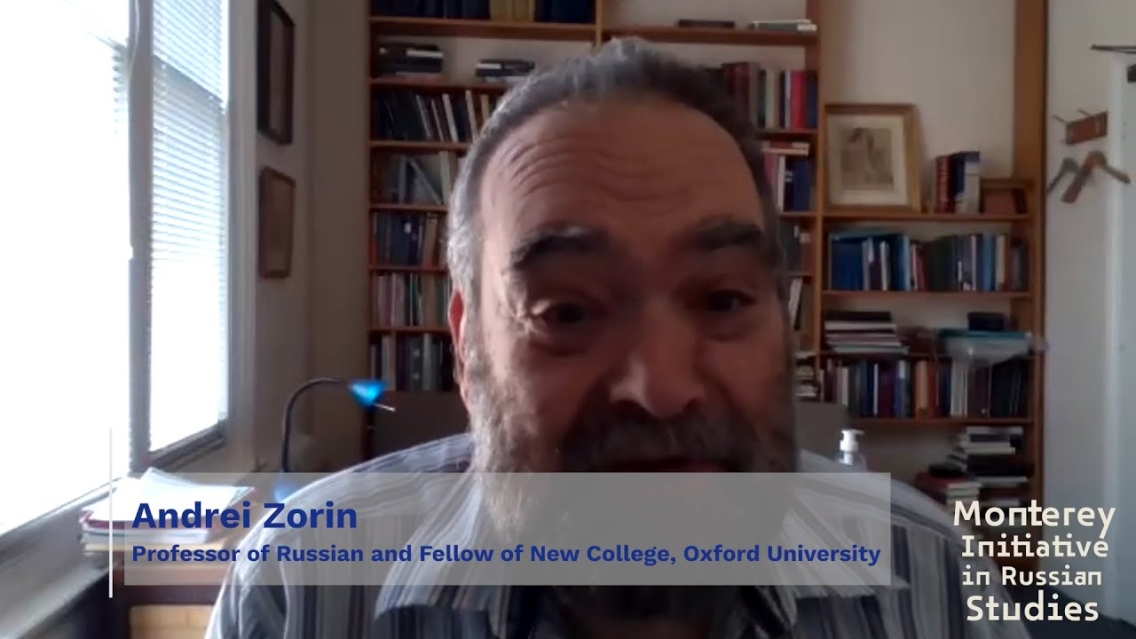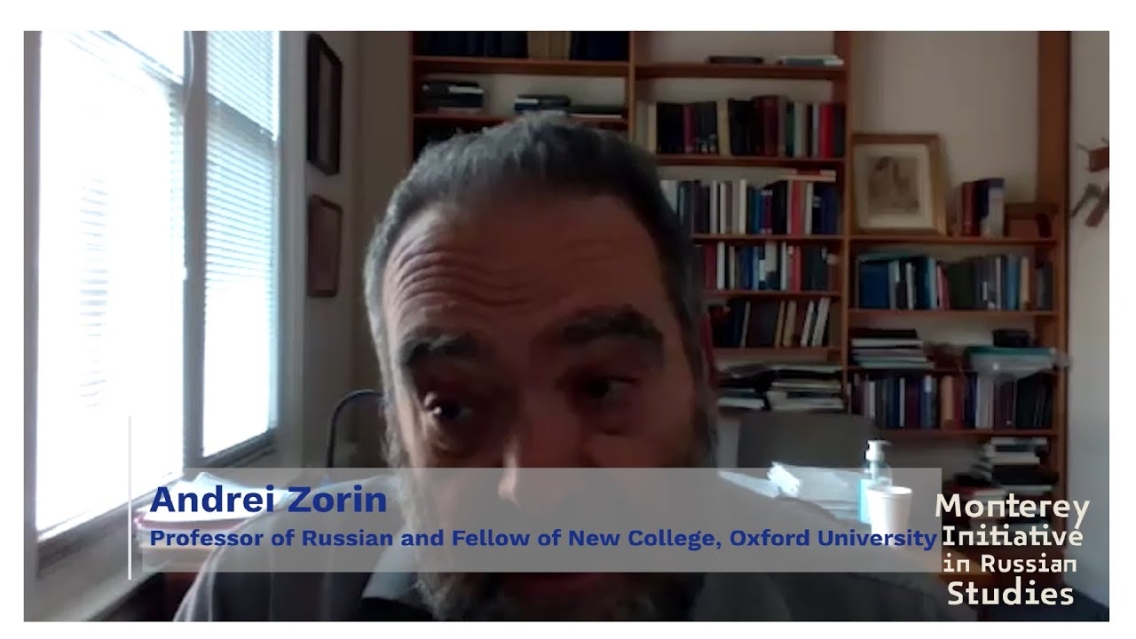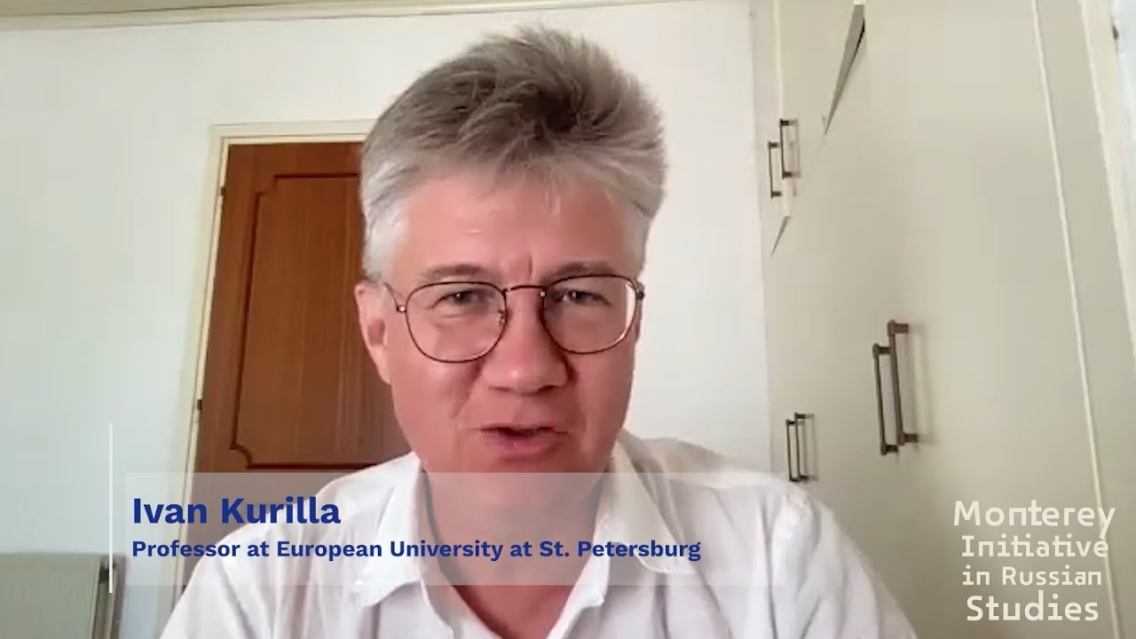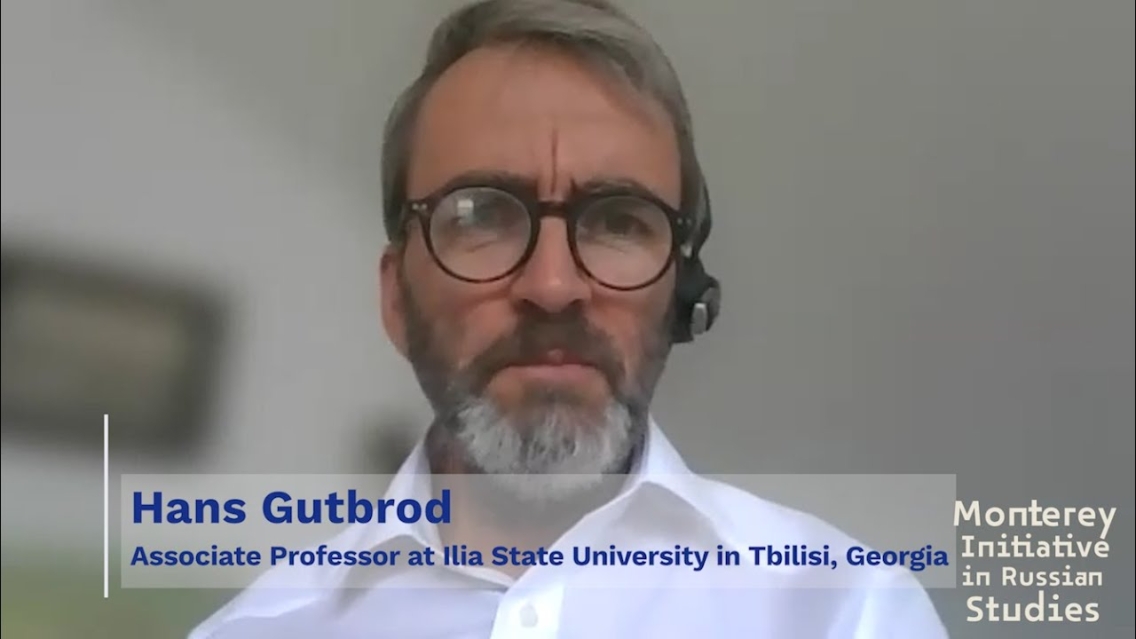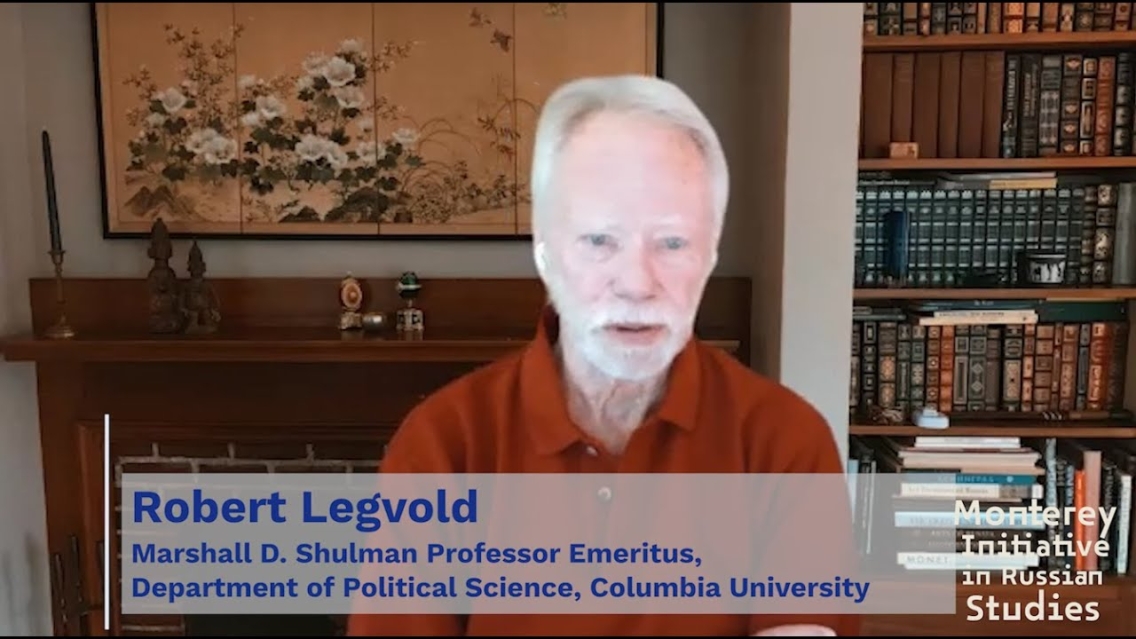Videos & Podcasts
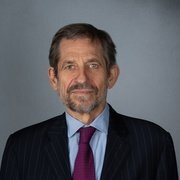
Keynote Address: Thinking about Russia Strategically
Thomas Graham
Dr. Thomas Graham, distinguished fellow at the Council on Foreign Relations, presents his insights on the situation in the world today, the objectives of Russia and the West, as well as the priorities of U.S. Russia policy going forward. In English
Keynote Address: Thinking about Russia Strategically | Thomas Graham
In English
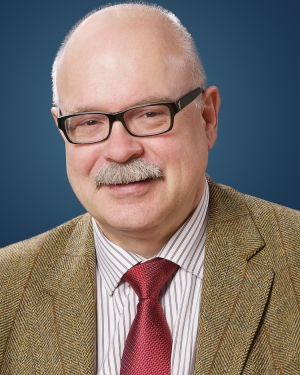
The Drivers of Russian Foreign Policy
Dmitri Trenin
Dr. Dmitri Trenin, Research Professor at the Higher School of Economics, analyzes the current agenda of the Kremlin and the considerations that led it to wage war in the first place. In English
The Drivers of Russian Foreign Policy | Dmitri Trenin
In English
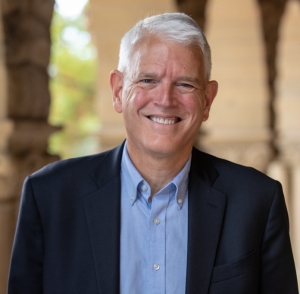
Origins and Course of the Russia-Ukraine War
Steven Pifer
Ambassador Steven Pifer presents his insights on the historical origins of the Russia-Ukraine war, including the Kremlin’s motivations for invading, and predicts the conflict’s future trajectory. In English
Origins and Course of the Russia-Ukraine War | Steven Pifer
In English
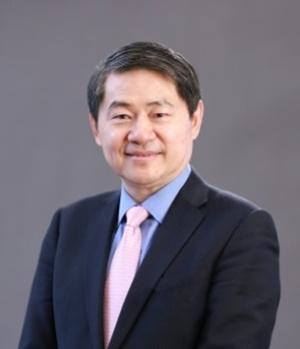
Looking from the East: A Chinese Perspective on Russia
Henry Wang
Moderated by Alexander Gabuev
Henry Wang, Founder and President of Center for China and Globalization, speaks about the historical and current conditions that shaped the Russia-China partnership and proposes a multilateral path toward peace in Ukraine. In English
Looking from the East: A Chinese Perspective on Russia | Henry Wang
In English
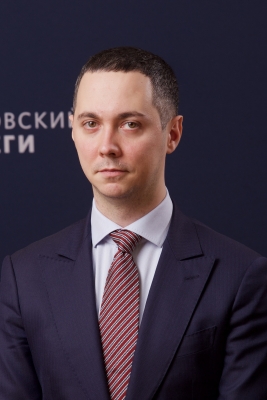
Looking East: Pax Sinica in the Making?
Alexander Gabuev
Alexander Gabuev, Senior Fellow at the Carnegie Endowment for International Peace, discusses the foundations of the Russia-China relationship and its evolution against the background of the conflict in Ukraine. In Russian
Looking East: Pax Sinica in the Making? | Alexander Gabuev
In Russian

Looking West: U.S. – Russia Relations
Thomas Graham
Thomas Graham, distinguished fellow at the Council on Foreign Relations, analyzes the two main pillars of U.S. policy toward Russia after 1991, explaining each administration’s rationale for following the grand strategy and how it led to crisis. In English
Looking West: U.S.-Russia Relations | Thomas Graham
In English
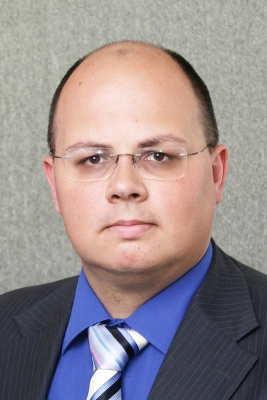
Looking from the South: A MENA Perspective on Russia
Nikolay Kozhanov
Moderated by Hanna Notte
Nikolay Kozhanov, Research Associate Professor at Qatar University’s Gulf Studies Center, presents his analysis of how MENA countries have perceived Russia’s role in the region since 1991. In Russian
Looking from the South - A MENA Perspective on Russia | Nikolay Kozhanov and Hanna Notte
In Russian
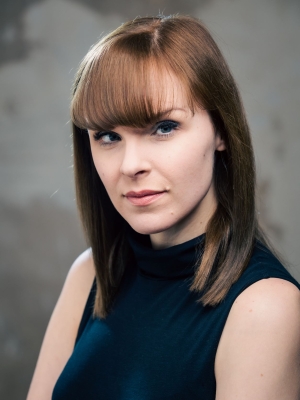
Looking South: Russia’s Relations with the Middle East and North Africa
Hanna Notte
Hanna Notte analyzes the prisms through which Russia views the MENA region and provides a comprehensive overview of Russia’s regional foreign policy interests and strategies. In English
Looking South Russia’s Relations with the Middle East and North Africa | Hanna Notte
In English
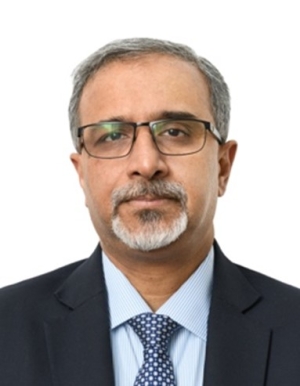
An Indian Perspective on Russia
Venkatesh Varma
Moderated by Hanna Notte
Amb. Venkatesh Varma analyzes the factors of stability in the India-Russia relationship and outlines how the conflict in Ukraine is seen from New Delhi. In English
An Indian Perspective on Russia | Venkatesh Varma
In English
Russia and Turkey after the Invasion of Ukraine
Galip Dalay in Conversation with Hanna Notte
Galip Dalay and Hanna Notte discuss Turkey’s geopolitical balancing act between the West and Russia, focusing on the cooperation and competition between Moscow and Ankara in such aspects as defense, energy, and conflict resolution. In English
Russia and Turkey after the Invasion of Ukraine | Galip Dalay in Conversation with Hanna Notte
In English
Russia and Turkey after the Invasion of Ukraine | Galip Dalay in Conversation with Hanna Notte
In English
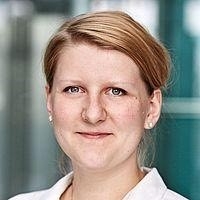
Russia’s Relations with the EU (Case Study: Germany) - Feb. 2022 as a Point of No Return?
Liana Fix
Moderated by Michael Kimmage
Liana Fix explains the international and domestic factors that have shaped Germany’s policy approach toward Russia since the 1990s, particularly in the spheres of security, energy, and conflict resolution. In English
Russia's Relations with the EU (Case Study: Germany) - Feb. 2022 as a Point of No Return? | Liana Fix
In English
Russia’s Relations with the EU (Case Study Germany) - Feb. 2022 as a Point of No Return | Liana Fix | Michael Kimmage
In English
Sanctions, Economic Power, and Economic Stability
Edward Fishman | Adam Stulberg
Moderated by Michael Kimmage
Edward Fishman presents his insights on how sanctions became the preferred U.S. policy response to Russian aggression in 2014 and 2022, followed by Adam Stulberg’s discussion of the theoretical considerations that factor into the sanctions-related policy calculus. In English
Sanctions, Economic Power, and Economic Stability | Edward Fishman and Adam Stulberg
In English
How Will the War in Ukraine End? A Western Perspective
Rose Gottemoeller | Siegfried Hecker | David Holloway | Sam Charap
Moderated by Hanna Notte
Panelists Rose Gottemoeller, Siegfried Hecker, David Holloway and Sam Charap discuss the possible outcomes of the war in Ukraine as well as its grave implications for strategic stability and the global nuclear order. In English
How Will the War in Ukraine End? A Western Perspective | Rose Gottemoeller, Siegfried Hecker, David Holloway and Sam Charap
In English
How Will the War in Ukraine End? A Western Perspective | Rose Gottemoeller, Siegfried Hecker, David Holloway and Sam Charap
In English
Russia’s Soft Power
Marlene Laruelle | Vuk Vuksanovic
Moderated by Jade McGlynn
Marlene Laruelle and Vuk Vuksanovic discuss the sources of Russian soft power and the Kremlin’s flexible tactics of projecting influence abroad. The discussion focuses in particular on the Balkans, where local actors play a significant role in amplifying Russian narratives. In English
Russia’s Soft Power | Marlene Laruelle and Vuk Vuksanovic
In English
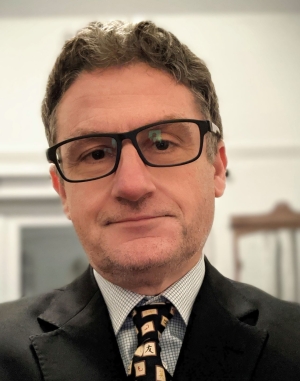
The Role of the Siloviki in Russian Society
Mark Galeotti
Mark Galeotti demystifies the “siloviki” by unpacking their identity, diversity, and influence over Russian elite policymaking and society at large. In English
The Role of the Siloviki in Russian Society | Mark Galeotti
In English
Roundtable: What is Power?
Mark Galeotti, Michael Kofman and Marlene Laruelle
Moderated by Michael Kimmage
Mark Galeotti, Michael Kofman, and Marlene Laruelle discuss Russian power at the intersection of military might, elite loyalty, and public support. In English
Roundtable - What is Power | Mark Galeotti, Michael Kofman and Marlene Laruelle
In English
The Politics of Emotions and Values in International Relations
Regina Elsner, Andrei Tsygankov and Zheng Wang
Moderated by Jade McGlynn
Regina Elsner, Andrei Tsygankov and Zheng Wang discuss the role of emotions, values, and historical memory in international relations and reveal the limitations of rationality-based explanations in particular instances. In English
The Politics of Emotions and Values in International Relations | Regina Elsner, Andrei Tsygankov and Zheng Wang
In English
The Politics of Emotions and Values in International Relations | Regina Elsner, Andrei Tsygankov and Zheng Wang
In English
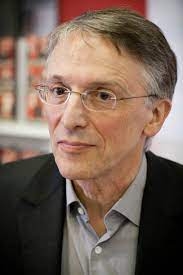
Soviet Legacies
Yuri Slezkine
Moderated by Jade McGlynn
Yuri Slezkine and Jade McGlynn speak about the legacies, memories, and identities associated with the Soviet Union as they are experienced in Russia and its neighboring states. In English
Soviet Legacies | Yuri Slezkine
In English
Narratives on the Collapse of the USSR: A Roundtable Discussion
Serhii Plokhii, Sergey Radchenko and Vladislav Zubok
Moderated by Michael Kimmage
Serhii Plokhii, Sergey Radchenko, and Vladislav Zubok offer unique insights on the how and why of the Soviet collapse in a roundtable that challenges popular historiographical myths about the world-shaking event. In English
Narratives on the Collapse of the USSR - A Roundtable Discussion | Serhii Plokhii, Sergei Radchenko and Vladislav Zubok
In English
Narratives on the Collapse of the USSR - A Roundtable Discussion | Serhii Plokhii, Sergei Radchenko and Vladislav Zubok
In English
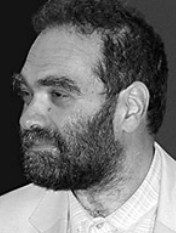
Russian Messianism and Cultural Identity I
Andrei Zorin
Andrei Zorin, Professor of Russian and Fellow of New College, Oxford University, discusses Russia’s myth of national transformation, particularly the five transformations that have shaped the country’s historical course, from the adoption of Christianity to the 2022 war in Ukraine. In Russian
Russian Messianism and Cultural Identity I | Andrei Zorin
In Russian

Russian Messianism and Cultural Identity II
Andrei Zorin
Andrei Zorin, Professor of Russian and Fellow of New College, Oxford University, discusses Russia’s mythology of supreme power in its traditional and modern iterations as well as the nuances of Russian national identity. In Russian
Russian Messianism and Cultural Identity II | Andrei Zorin
In Russian
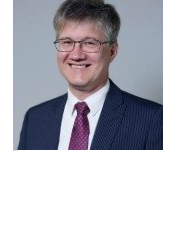
The Politics of Memory in Contemporary Russia
Ivan Kurilla
Moderated by Jade McGlynn
Ivan Kurilla and Jade McGlynn discuss the importance of history in politics and vice versa, analyzing the ways in which political actors are at once shaping, and shaped by, the past. In Russian
The Politics of Memory in Contemporary Russia | Ivan Kurilla
In Russian
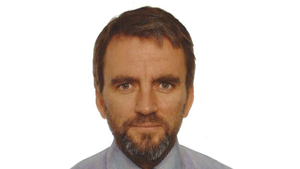
Reconciling Visions of the Past - In Theory and in Practice
Hans Gutbrod
Hans Gutbrod, Associate Professor at Ilia State University in Tbilisi, Georgia, elaborates on the ethics of political commemoration, using just war theory to develop a framework for making memory politics more constructive and sustainable. In English
Reconciling Visions of the Past - In Theory and in Practice | Hans Gutbrod
In English
Russian Futures: A Panel Discussion
Robert Legvold | Dmitri Trenin
Moderated by Michael Kimmage
Robert Legvold and Dmitri Trenin discuss the possible future scenarios faced by the Russian state, addressing the state leaders’ perception of the status quo, their goals, and the challenges they must confront in both domestic and foreign policy. In English
Russian Futures: A Panel Discussion | Robert Legvold and Dmitri Trenin
In English

